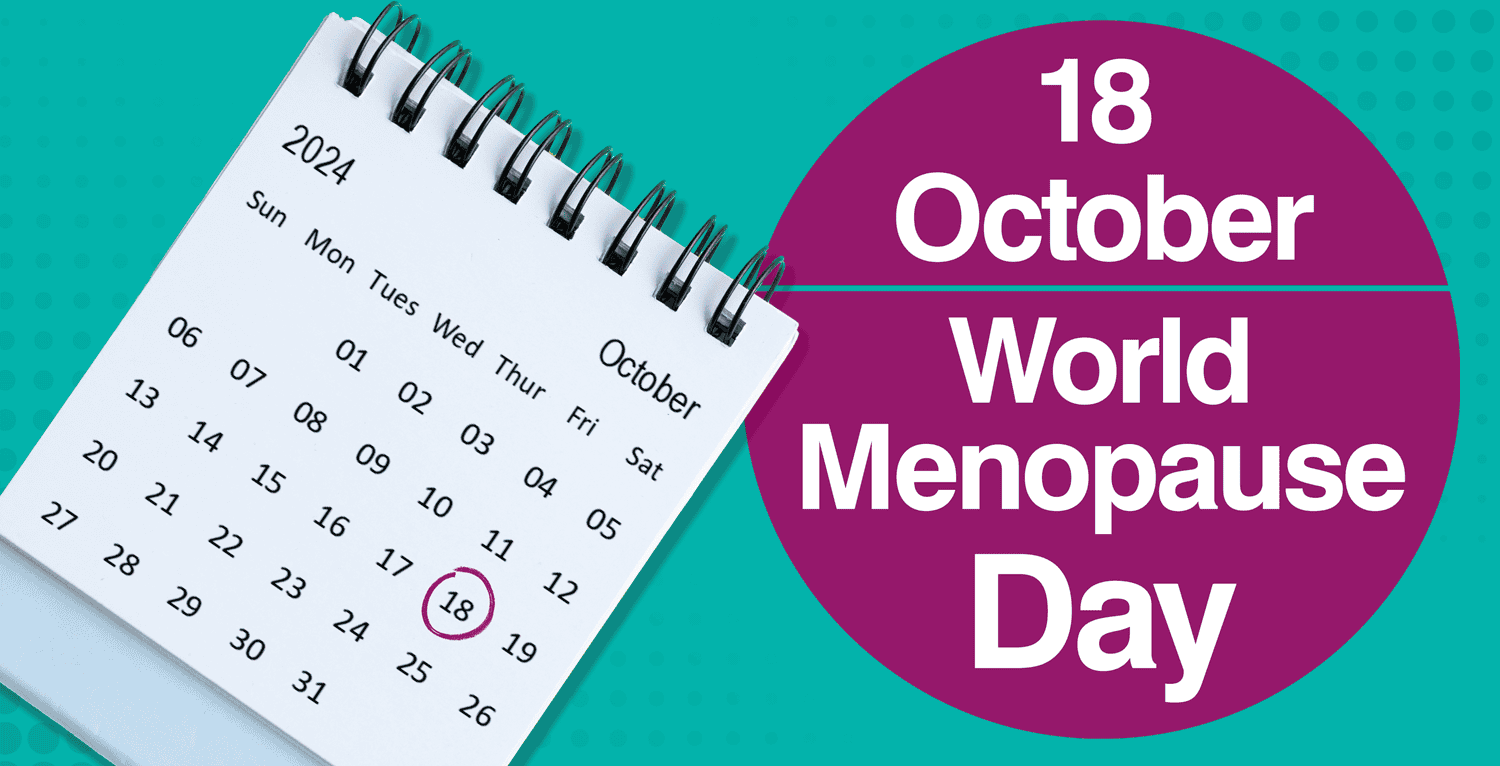
Creating a Menopause-Inclusive Workplace
Menopause impacts half of the population at a certain point in their lives – in fact, by 2025, over 1 billion people globally will be in menopause.
Unlike many other conditions, menopause is something that is guaranteed to affect a vast majority of people. And considering that most women will undergo menopause during their working years, it is so important for employers to be building an inclusive and supportive workplace where those going through menopause can continue to thrive.
Menopause can have a huge impact on someone’s life – so much so that guidance from the Equality and Human Rights Commission says that symptoms of menopause can be considered a disability if they have a long-term and substantial impact on a woman’s ability to carry out-day-day activities. And the data proves this – 23% of employees going through menopause considered resigning due to its impact, and 14% said they were planning to hand in their notice, according to research from the end of last year from SimplyHealth.
And it’s not just having effects on turnover, but productivity too. Recent studies reveal that the economic impact of menopause in the US is over $26 billion, with $1.8 billion specifically attributed to the loss of productivity due to debilitating symptoms. Therefore, those employers who are designing and implementing tailored support strategies for menopausal staff will be best equipped to mitigate the negative ripple effects it can have on their business, all the while showcasing a genuine care for the health and wellbeing of their workforce.
So, what are the key components needed to create a menopause-inclusive workforce?
- Flexibility – menopause can commonly cause symptoms such as hot flushes and physical discomfort, and when this happens during work it can really affect someone’s ability to engage and be productive. Therefore, offering those staff members some flexibility – such as relaxed dress codes or the use of handheld fans – can be so helpful for regulating these symptoms and making them feel comfortable whilst at work.
- Awareness – menopause has been a taboo subject for a long time, and only now are we starting to be educated around it. It’s therefore important for employers to be committed to furthering this education, offering staff access to learning resources and/or hosting training workshops to create a working environment that encourages this topic to be openly discussed so that it can be better understood.
- Support Networks – having Employee Resource Groups where employees can seek advice around menopause, share experiences, and learn through their peers can be such a great way of highlighting a specified safe space to talk freely and openly without fear of being judged or feeling embarrassed. This can also really help those employees feel valued by their employer, as there is a dedicated resource available for them to seek support as and when needed.
- Preparation – discussions around menopause should be proactive just as much as they are reactive. For those younger female employees, it’s important for them to be aware of what to expect later in life when menopause starts, as this can help to demystify the process and reduce that sense of anxiety associated with something that is ambiguous and unknown.
By implementing these components into the fabric of your diversity, equity, and inclusion strategy, employers will be able to foster a workplace that challenges the long-standing taboos around menopause and instead invites open and honest dialogue which can help employees better understand the support available to them. If you would like to discuss how we can help build these support policies, please get in touch with me at therese@orgshakers.com